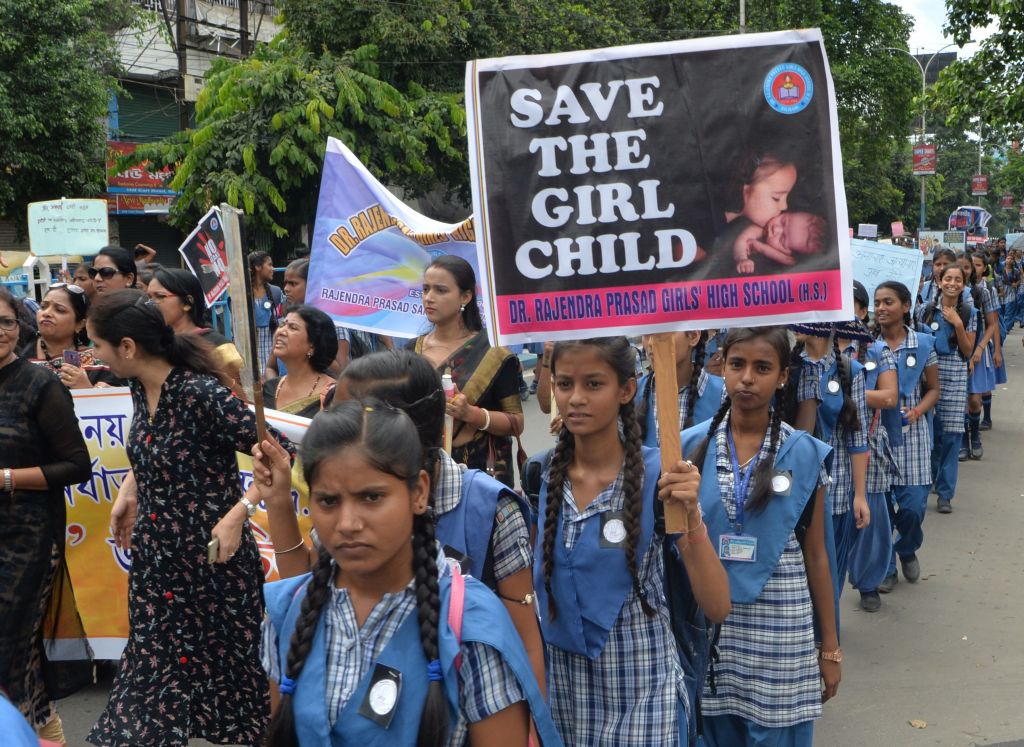- Wednesday, February 26, 2025

By: Shubham Ghosh
THE Supreme Court of India on Thursday (18) quashed a controversial order given by the Bombay High Court in Mumbai in January that cleared a man of charges of sexually assaulting a 12-year-old girl because “there was no skin-to-skin contact” between them.
The order was passed by a woman judge named Pushpa Ganediwala and it caused a massive outrage across India. Activists and legal experts, including attorney general of India KK Venugopal, said the high court’s order would set a “dangerous precedent” and asked the apex court to scrap it. Campaigners said that such an order would also discourage children from reporting abuse.

A bench of the top court headed by Justice U U Lalit said while setting aside the high court’s verdict that the act of touching the sexual part of the body or any other act involving physical contact if done with sexual intent should be considered sexual assault within the meaning of section seven of the POCSO (Protection of Children from Sexual Offences ) Act which says, “Whoever, with sexual intent touches the vagina, penis, anus or breast of the child or makes the child touch the vagina, penis, anus or breast of such person or any other person, or does any other act with sexual intent which involves physical contact without penetration is said to commit sexual assault.”
The Supreme Court bench said the courts must look at the sexual intent and not whether there was a skin-to-skin contact.
“Restricting it to skin-to-skin would not only be a narrow and pedantic interpretation, but will also lead to absurd interpretation of the provision,” Indian legal website LiveLaw reported.
The top court also said the Bombay High Court’s order had “insensitively legitimised sexual behaviour” and that “the purpose of law cannot be to allow the offender to sneak out of the provisions of the law”.
The bench, which also comprised Justices S Ravindra Bhat and Bela M Trivedi, said that when the legislature has made its intention clear, the courts cannot manufacture ambiguity in the provision. “It is right that courts cannot be overzealous in searching ambiguity,” it said. Justice Bhat also delivered a separate concurring judgment, Press Trust of India reported.
The high court gave its verdict in the case which involves a 39-year-old man who was accused of groping a 12-year-old girl. The minor’s mother alleged that the man lured her daughter to his house where he pressed her breast and tried to remove the bottom part of her dress.
A trial court convicted the man of sexually assaulting the child under the stringent POCSO Act and gave him a jail term of three years.
But on January 12, Justice Genediwala ruled that pressing the girl’s breast without removing her dress was not sexual assault since there was no skin-to-skin contact and the act would only invite a lesser charge of molestation.
The order earned a backlash with critics saying it left the children exposed to the risk of exploitation. Several petitions were filed in the Supreme Court to overturn the order. A fortnight after the high court gave its order, the Supreme Court put the order on hold till it decided the matter.
After Thursday’s order, the accused man will have to serve the jail term which was handed to him by the trial court.
Venugopal called the high court’s order “outrageous” and sought its reversal.
“If tomorrow, a person wears a pair of surgical gloves and feels the entire body of a woman, he won’t be punished for sexual assault as per this judgment. This is an outrageous order,” Indian daily Indian Express quoted him as saying.
“The accused tried to bring down the salwar [pyjama bottom] of the girl and even then bail was granted,” he said.
The National Commission for Women in India welcomed the Supreme Court’s order and expressed hope that it will uphold legal safeguards for women and children. The commission, which moved the top court challenging the high court’s order in February, said in a statement, “The Commission welcomes the Hon’ble Supreme Court’s verdict today and believes that the apex court’s decision in the matter will uphold the legal and constitutional safeguard for women and children.”
According to a 2007 study by the Indian government, two out of every three children in India were physically abused and that 53 per cent of the nearly 12,300 children surveyed reported one or more forms of sexual abuse, BBC reported.
In 2020, India’s National Crime Records Bureau registered 43,000 offences under the POCSO Act, which means an average of one case every 12 minutes. Campaigners, however, say that the actual numbers are much higher since many cases of abuse, where the offenders are known to the victims, do not get reported.